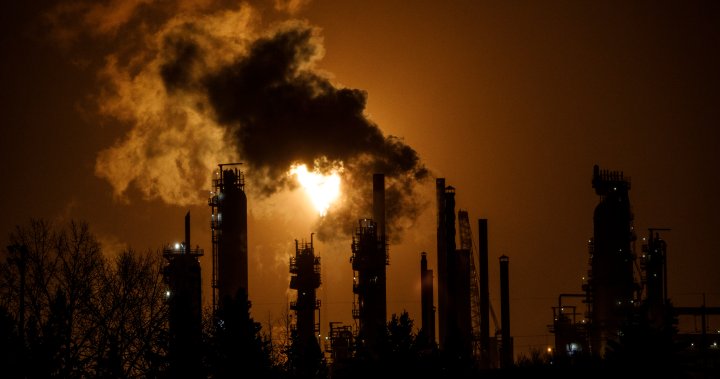With Canadians currently facing wildfires and floods in different parts of the country, environmental groups are applauding the federal government’s plan to phase out fossil fuel subsidies, but assert that it doesn’t go far enough. On Monday, Environment Minister Steven Guilbeault released a framework to review and eliminate inefficient fossil fuel subsidies. Canada is the first G20 nation to introduce such a plan. Under the guidelines, subsidies for fossil fuel companies that do not significantly reduce greenhouse gas emissions, support Indigenous participation, provide essential energy services to remote communities, offer short-term emergency support, or contribute to projects with carbon capture would be considered “inefficient” and phased out. The plan, jointly prepared by the Environment and Finance Ministries, aims to make sure that government programs and spending align with the country’s ambitious climate goals. Furthermore, the minister stated that public financing in the fossil fuel sector will also be phased out, though this measure won’t take effect until fall 2024. However, activists have critiqued the plan for not applying to loans, guarantees, and equity provided to the TransMountain and Coastal GasLink pipelines. Keith Stewart, senior energy strategist at Greenpeace Canada, argued that there are no “efficient” subsidies for fossil fuels in a time of climate disasters and flourishing oil industry profits. Environmental groups are calling for more concrete steps to end public financing for the oil and gas industry and redirect those funds towards a clean energy transition. On the other hand, the Canadian Association of Petroleum Producers supported the framework and emphasized the importance of partnering with industry to invest in technologies that help decarbonize the economy. This announcement arrives as Canada deals with an unprecedented wildfire season and significant flooding, while heatwaves have affected Europe and North America. Researchers assert that these extreme heatwaves are becoming more frequent due to the accumulation of warming gases in the atmosphere. Additionally, a recent study found that a large portion of the wildfires in southwestern Canada and the western United States can be attributed to carbon emissions linked to major fossil fuel producers and cement manufacturers.

Ottawa’s Plan to End Fossil Fuel Subsidies Criticized by Climate Groups for Loopholes
Denial of responsibility! Swift Telecast is an automatic aggregator of the all world’s media. In each content, the hyperlink to the primary source is specified. All trademarks belong to their rightful owners, all materials to their authors. If you are the owner of the content and do not want us to publish your materials, please contact us by email – swifttelecast.com. The content will be deleted within 24 hours.
